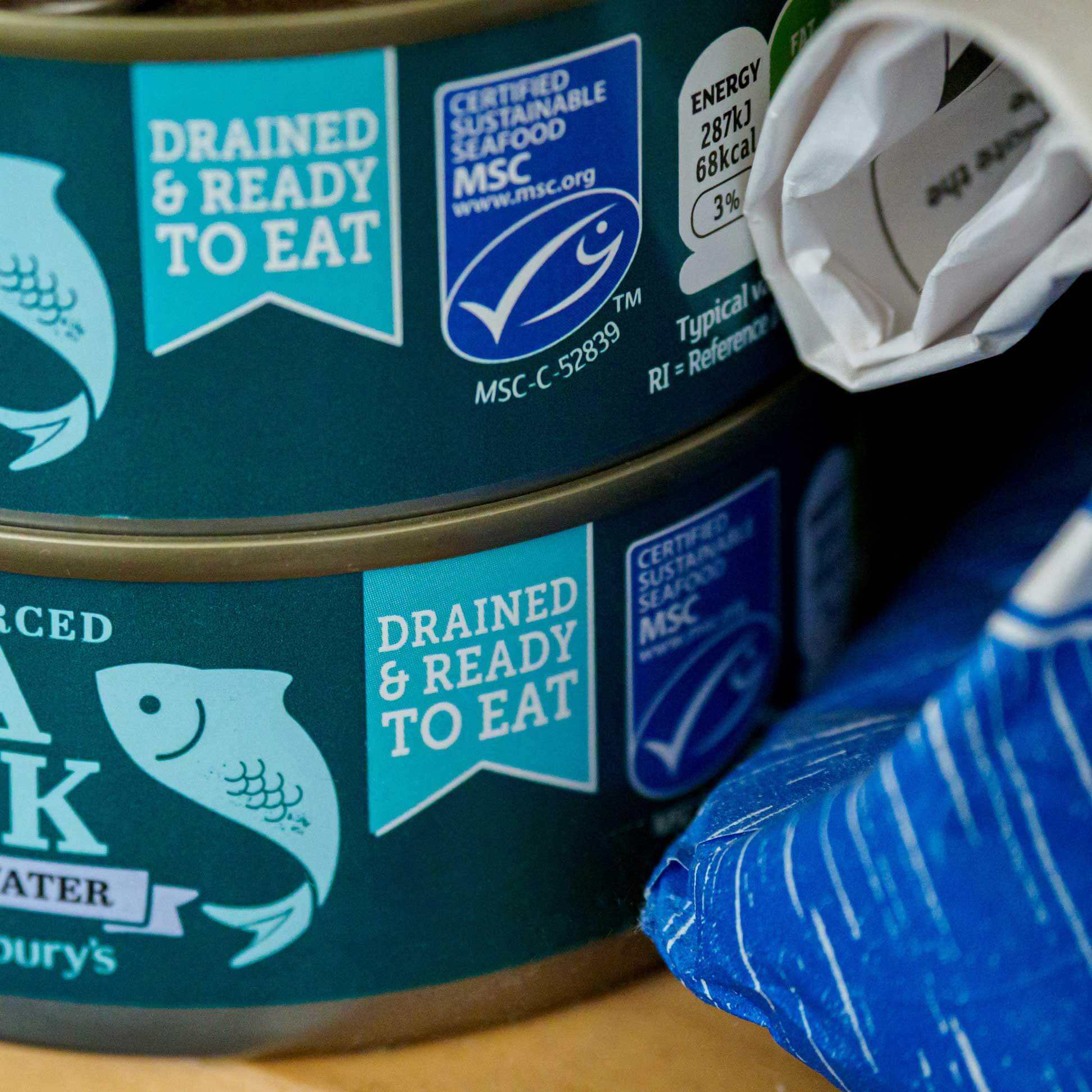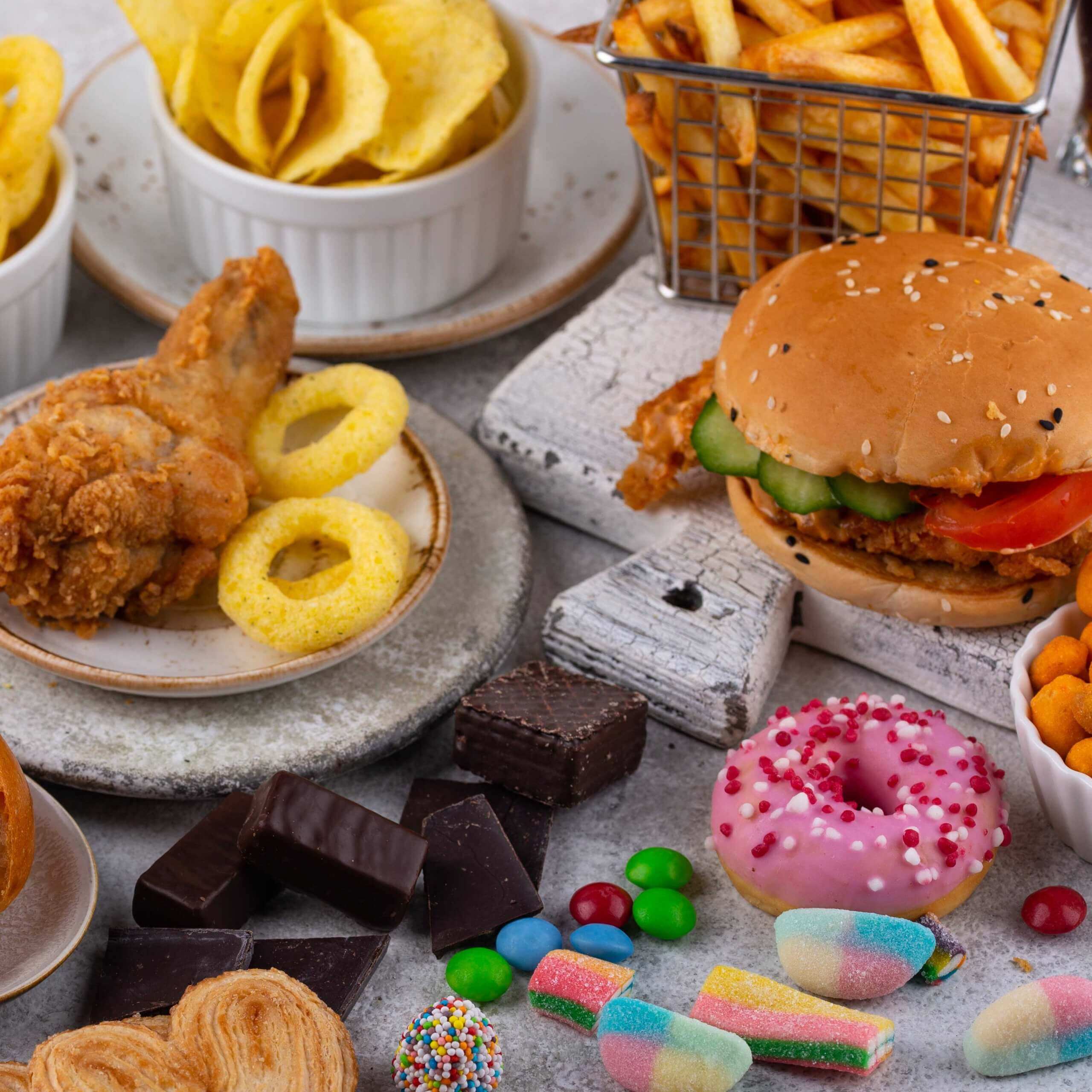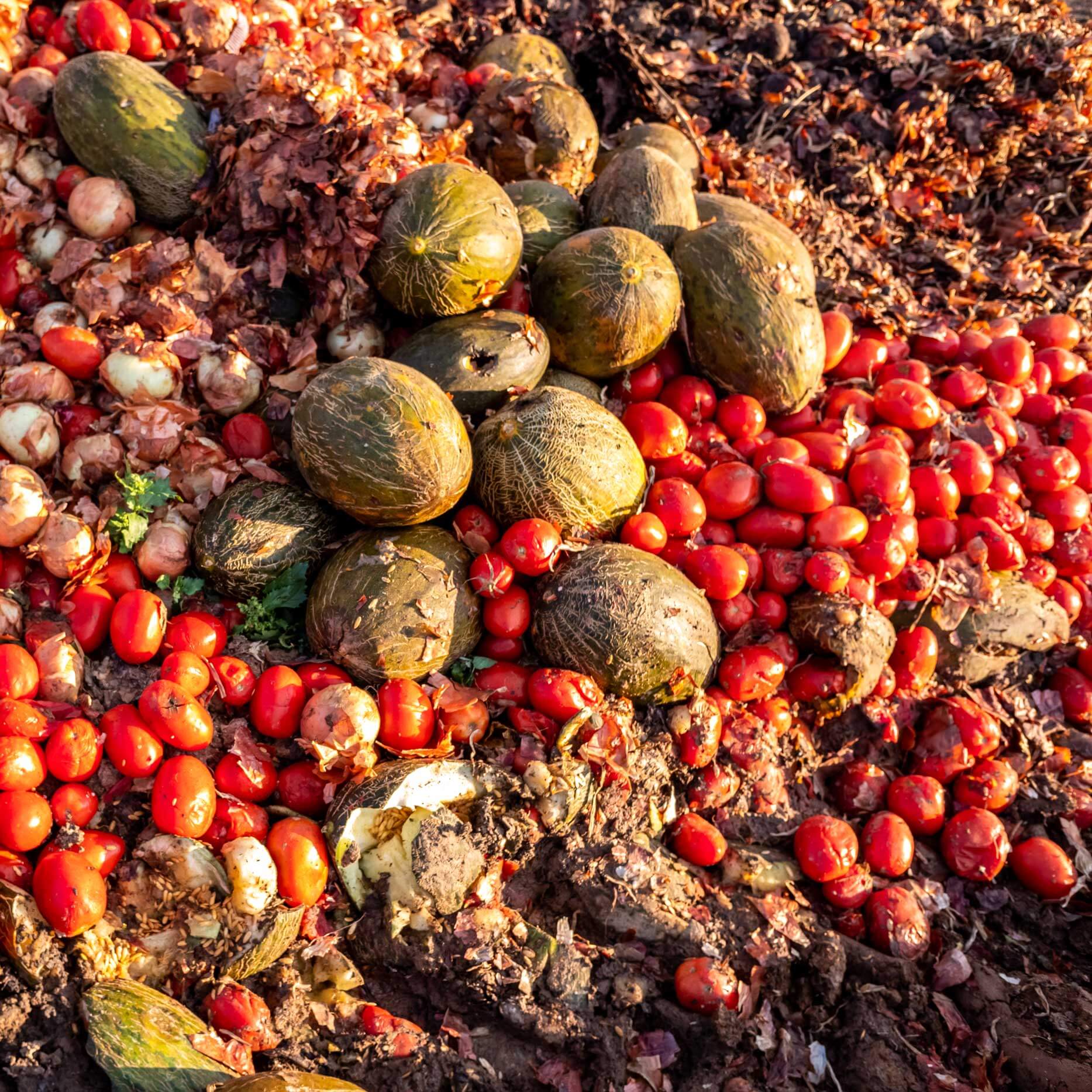Clampdown on greenwashing claims in the food and drink industry
14th February 2024

The food and drink industry is under increased scrutiny regarding environmental claims made in their advertising. Recent investigations by regulatory bodies have highlighted the issue of greenwashing, where companies overstate or misrepresent the environmental benefits of their products.
Who’s in hot water?
BrewDog, a popular beer brand, had one of its adverts censored by the Advertising Standards Authority (ASA) for failing to substantiate claims about the carbon negative credentials of its beer. The advert, which described BrewDog as “beer for your grandchildren” and “the world’s first carbon negative brewery,” failed to provide sufficient information to support these claims. The advertising watchdog said that the adverts failed to make clear on what basis its beers could be considered to be carbon negative. Despite BrewDog’s CEO, James Watt, defending the company’s carbon negative certification, this lack of clarity led to the advert being deemed misleading.
The ASA said “We considered that there was no information provided in the ad which explained the basis of BrewDog’s ‘carbon negative’ accreditation or the claim ‘Beer for your grandchildren’. Although we acknowledge that the ad referred consumers to a link for the BrewDog website which contained further information about their carbon reduction and offsetting project, we considered that the ad itself did not include information which explained the basis of the claim. Without that information, we considered that consumers would not have sufficient information to understand the basis of the environmental claims in the ad.”
Similarly, Unilever, the multinational consumer goods company, is under investigation by the Competition & Markets Authority (CMA) for potentially overstating the environmental benefits of its products. The CMA expressed concerns about Unilever’s use of “vague and broad claims, unclear statements around recyclability, and ‘natural’ looking images and logos“. After an initial review uncovered “a range of concerning practices” around the marketing of some of its cleaning products and toiletries, the CMA has launched a formal investigation.
Biodegradable and compostable
The ASA has also warned businesses about the misleading use of terms such as ‘biodegradable’ and ‘compostable’ in relation to products and packaging. The regulator found that consumers had a poor understanding of these terms, leading to potential confusion and misrepresentation. In response to these issues, the ASA has updated its Committee of Advertising Practice guidance to help businesses accurately communicate their green initiatives. The updated guidance advises businesses to provide clear information about the time it takes for a product to fully biodegrade or compost. It also stipulates that products should only be referred to as compostable if both claims can be substantiated.
These new guidelines form part of a broader effort to combat greenwashing in the industry. The ASA plans to give companies until April 2024 to comply with the guidelines before launching an investigation into the claims on the market.
How we can support you
The clampdown on greenwashing is a crucial step towards ensuring transparency and honesty in the food and drink industry’s environmental claims. As consumers become increasingly environmentally conscious, regulatory bodies are stepping up efforts to ensure that companies are transparent and truthful in their environmental claims. The current clampdown on greenwashing serves as a stark reminder to all companies in the industry that misleading environmental claims will not be tolerated. If you need any help in this area, please speak to our experts in the Food & Drink and Environmental teams.










